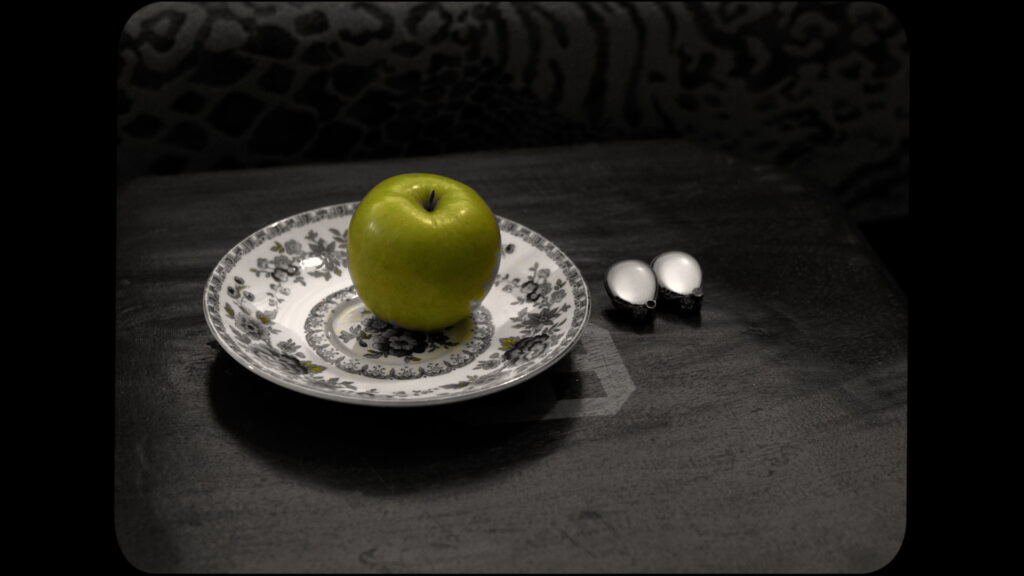TAFM Ibadan Dispatch: The Acceptance Of Uncommon Endings
The Draper’s Hall of the Institute of African Studies, University of Ibadan has always proven to be a great atmosphere for watching and analysing films. For one thing, it is home of the Thursday Film Series Club, a small club of film enthusiasts, critics, researchers, writers and filmmakers who come together on Thursdays to watch and talk about films. It was therefore no surprise that it enjoyed a full house eager to watch and engage with the offerings of the Filmrats Annual Mischief. After the screening of Smile, the film’s director, Precious Rashidi mentioned that his primary motivation for the movie was to show the effects that the titular facial expression, a smile, can have on the human psyche. When asked if there was a deeper message than the obvious, he noted that he himself was still in the process of exploring the movie to discover if there could be any deeper themes and motifs. The film was the first to be screened at the Festival. Smile uses the power of expressions to reveal the workings of the human mind and how the state of the human mind has an effect on human behaviour. The film’s lead, Ejiro Asagba, also shares her experiences being in the film. The most noteworthy experience for her was the lack of clarity that the film itself presented, and it was that lack of clarity that enabled her to bring the character to life in a manner that made the film so well admired. For the second film, Songs of Ubong by Adenrele Owen Olowu, there was more clarity but the fun fact is that it was shot entirely in the Ibadan home of veteran Nollywood actor, Wale Ojo. During the Q and A, Leye Komolafe said the film was a presentation of one the several monologues that go through his head at a particular time. Songs of Ubong was an attempt to borne out of a fascination with the relationship between domestic workers and their bibles, he therefore imagines a simple gardener who develops a relationship with songs of Solomon through constant reading. What follows in an expression of that experience in his pining towards his employer’s wife? To him the constant movement between Ubong speaking the flowing poetics when the spirit of poetry comes on him and reverting back to his uneducated pidgin when he returns to himself is an illustration of the complexities of the human condition, and the creative possibilities that are often overlooked in normal human interaction, but could be great for filmmaking. Eyimofe, the globally acclaimed feature by the Esiri brothers, was the final film of the day. The film, a depiction of the struggle of the lower class, which is not often depicted on film because it is too realistically surreal for most people and does not provide the escapist fantasy that most people crave film for. However, members of the audience who are used to films like that (given that it is the kind of film that they see in the TFS meetings) enjoyed it and certainly had a lot of comments on its characterization and artistic direction. Adebayo Adegbite



